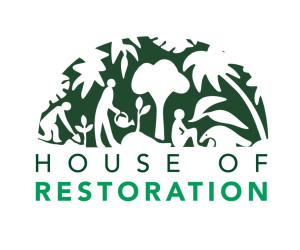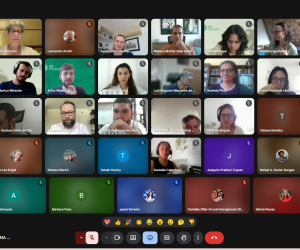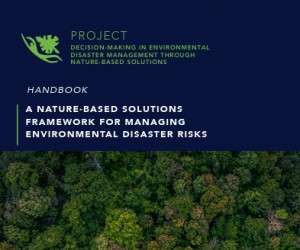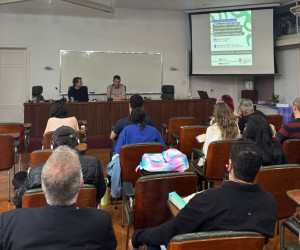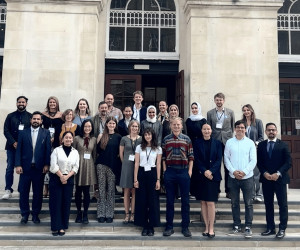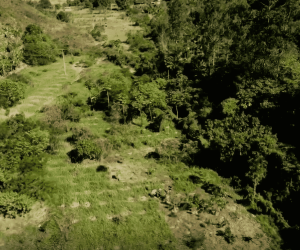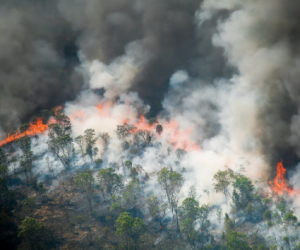News > News
03.07.25
IIS delivers talk on behavioural sciences applied to conservation at the Behavioural Transformations 2025 conference in London
The International Institute for Sustainability (IIS) took part in the Behavioural Transformations 2025, an international conference hosted in early June by the School for Government and the Policy Institute at King’s College London. Held in London, the event brought together researchers and practitioners to discuss the use of behavioural sciences in public policy design. This year’s edition focused on the theme: “Putting Policy Back in Behavioural Public Policy.”
During the conference, IIS researcher Fernanda Gomes gave a presentation entitled “A Behavioural Approach for Voluntary Conservation of Native Vegetation in the Tropics”, as part of the session on environmental interventions. The talk was based on the findings of the project “Incentives and interventions for behaviourally informed policies to foster a deforestation- and conversion-free soy supply chain in the Cerrado,” developed by IIS with support from the Land Innovation Fund (LIF).
“Behavioural sciences offer valuable tools to make environmental policies more effective and aligned with farmers’ realities,” she stated.
The project combined field experiments and qualitative analyses to explore how behavioural interventions influence rural producers’ decision-making in the Cerrado region.
Participants reported that the main barrier to implementing conservation practices was financial concern, particularly the perception of income loss. These concerns decreased when compensation mechanisms were perceived as fairer or as offsetting the opportunity cost of soy in the long term. These incentives proved especially effective among well-capitalised farmers who already intended to clear land and are required to designate part of it as permanent private reserves.
The initiative is part of the Land Innovation Fund’s agenda to mitigate environmental impacts in agricultural supply chains in South America. IIS’s work contributes to the development of evidence-based public policies, with a focus on conserving the Cerrado and promoting more sustainable value chains.

